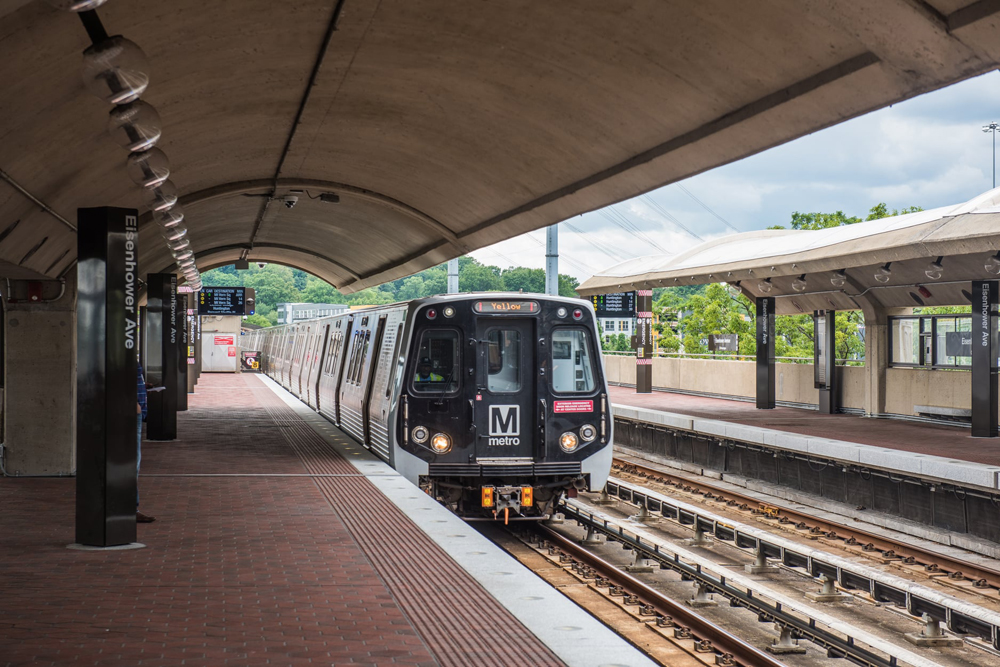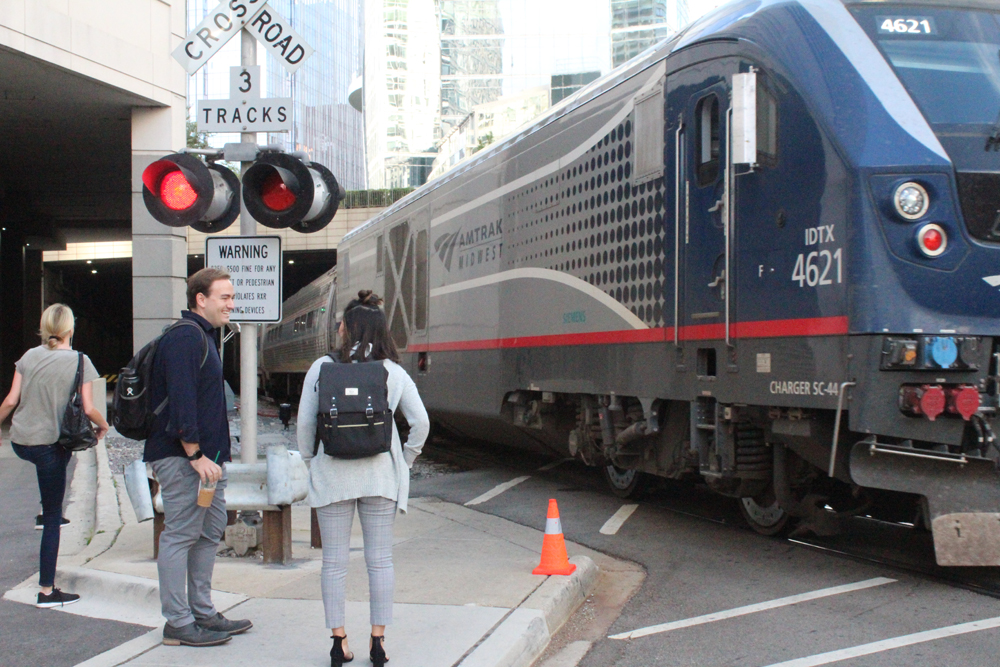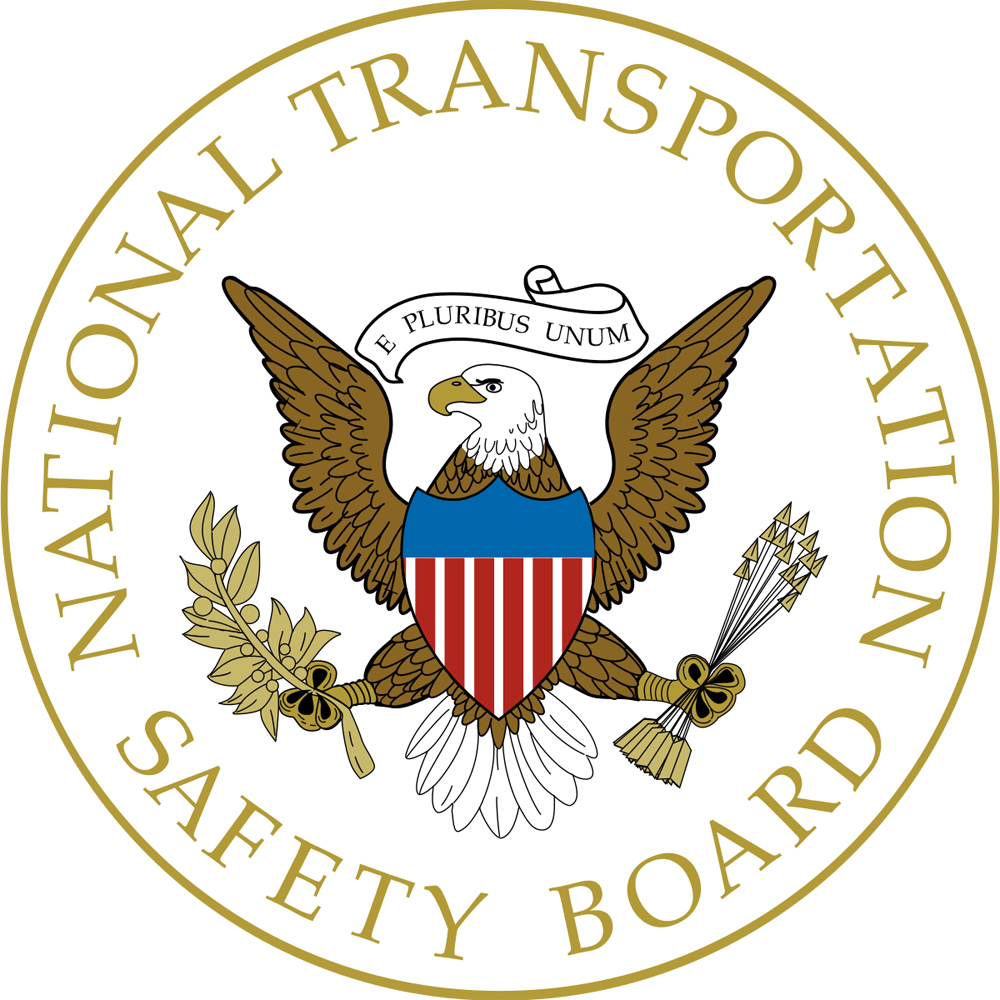
WASHINGTON — The Washington Metropolitan Area Transit Authority is again at odds with the independent agency that oversees safety of the Metrorail system, with Metro calling for mediation of a decision by the Washington Metrorail Safety Commission that would prevent more of Metro’s 7000-series railcars from being returned to service.
The Washington Post reports that Metro said during a Monday press conference that it is appealing a decision that would prevent Metro from decreasing the number of wheel inspections needed for the 7000-series cars, which have mostly been sidelined since October 2021 because of a wheel defect
A decrease in inspections is part of Metro’s plan to return more of the cars to service, needed to restore service to regular levels. The system has been operating at reduced levels since the 7000-series cars — which represent about 60% of the Metro fleet — were pulled from service after a derailment.
Metro board member James F. Ports, Maryland’s transportation secretary, said the transit agency respects the commission’s safety role but says Metro thinks “they may be blurring the line a little bit between safety oversight and stepping in and practically trying to run the operations of the organization.” Metro’s view, he said, is that there needs to be an arbitration or mediation mechanism to address disagreements.
The safety commission said last weekend it would not allow Metro to reduce inspections for the 7000 series cars because of concerns Metro’s mechanics are not following the transit agency’s own guidelines on preparing the cars for service.
This is not the first time disagreement between Metro and the safety commission has become public. In October, Metro said an earlier safety commission decision regarding a return-to-service plan for the 7000-series cars would keep it from opening Metrorail service to Dulles Airport by Thanksgiving and claimed the commission was providing “confusing direction.” The safety organization responded by saying it was concerned Metrorail “may not be interested in carrying out it safety responsibilities.” That disagreement led to intervention by Virginia’s two U.S. senators, Tim Kaine and Mark Warner, and an agreement between the two sides that allowed Dulles service to debut [see “DC Metro, safety commission reach agreement …,” Trains News Wire, Oct. 26, 2022].














For the life of me I can’t understand how they haven’t found a solution to the defect other than more wheel inspections. Their is a problem for which needs a solution. 50 years ago engineers had little computer assistance in designing the cars and all the parts that go into them. They only had paper, pencils, slide rules along with an understanding of engineering and physics. Today they have Computer CAD programs, 3 D imaging, and the like and they still don’t have a clue.
“Concerns Metro’s mechanics are not following the transit agency’s own guidelines” seems to be a recurring problem at WMATA.
Who does WMATA want to “arbitrate” the dispute? A lawyer? A politician? They are the primary industries inside the Beltway.
Any arbitrator has to be a competent Engineer with expertise in the wheel-axle interface. They may have to go far from DC to find one.
Almost 1 1/2 years without finding the cause. I’m sure the reports are thick, collated and well bound.